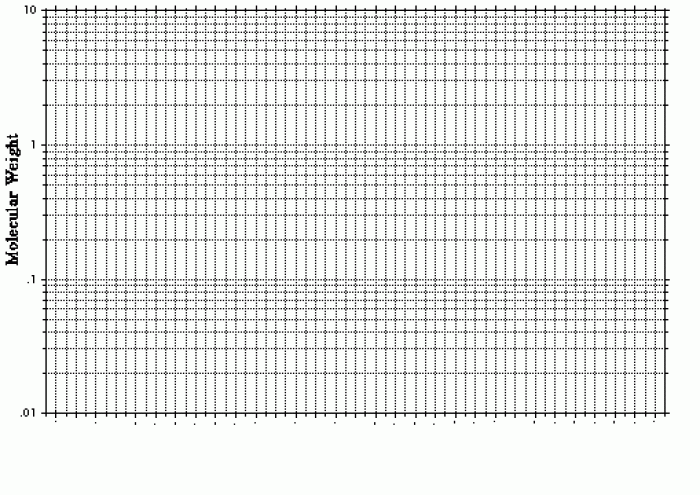|
|
|
People about to have surgery must tell their health care providers about all supplements they take.
The first oncogene was discovered in 1970 and was termed SRC (pronounced "SARK").
After a vasectomy, it takes about 12 ejaculations to clear out sperm that were already beyond the blocked area.
Eating carrots will improve your eyesight. Carrots are high in vitamin A (retinol), which is essential for good vision. It can also be found in milk, cheese, egg yolks, and liver.
Hip fractures are the most serious consequences of osteoporosis. The incidence of hip fractures increases with each decade among patients in their 60s to patients in their 90s for both women and men of all populations. Men and women older than 80 years of age show the highest incidence of hip fractures.







